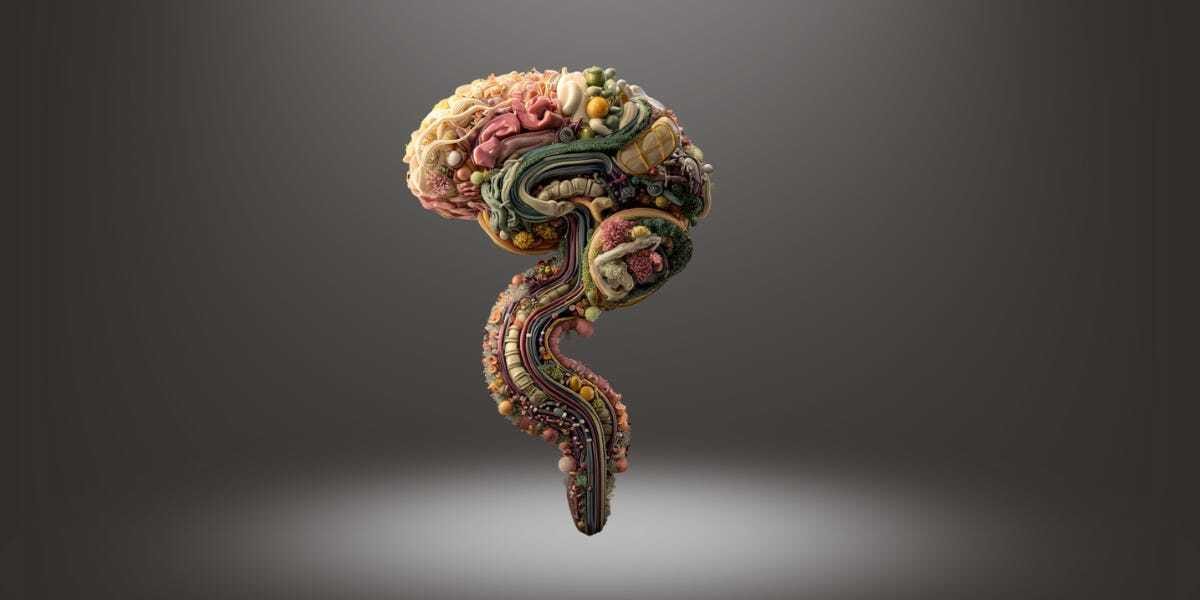
When it comes to anxiety and panic attacks, I often see people on social media expressing hope that they can improve their mental health. From time to time, I join these discussions, trying to help and encourage others by sharing my experiences and the steps I took to manage those challenging moments.
Whenever I read these social media posts, I often ask the following questions: What are you eating? Are you exercising enough? Do you spend time in nature? Are you meditating? Do you journal? And what about breathwork? Judging by the answers I usually receive, it seems that most of the time, we just hope for a magic pill to do the healing for us. In most cases, we forget what put us in this difficult situation in the first place—which is not just one thing, but the sum of situations and events that have built up over time. Therefore, if many factors got us into this anxious state, how can we expect one pill or one action to get us out of it? Does that make sense? It didn’t to me at first, but it took me a while to understand.
This realization led me to explore various strategies, and I came to understand that healing is a multifaceted journey rather than a quick fix.
My First Steps: Searching for Relief
During that challenging period, I tried everything I could find online. Looking back, it probably wasn't the most effective approach, but given the resources I had, it was all I could do—I just wanted that difficult time to be over. Through this process, though, I came to realize that healing isn’t about finding one miracle solution or fix. That actually makes sense, considering my struggles likely weren’t caused by a single event, but rather by the accumulation of experiences and factors over time.
For me, it became clear that getting out of such a state would require more than just isolated activities like meditation or exercise. Don’t get me wrong—these practices are helpful, even on their own. But true healing is rooted in caring for our bodies, which goes beyond any single habit. It’s about the combination of actions and routines—exercise, nutrition, breathwork, meditation, and more—that together form the backbone of recovery.
As I explored different options, I learned a bit about nutrition—what foods to eat, and habits like intermittent fasting—that could help my body heal. This exploration opened my eyes to the profound connection between our physical health and our mental well-being, particularly through the gut microbiome.
Can Food Heal Anxiety?
The Gut-Brain Connection Explained
Well, it turns out that yes, it can—significantly. Studies (and there are now many) like the one found at https://pmc.ncbi.nlm.nih.gov/articles/PMC10384867/ show that the health of the gut microbiome has a direct impact on our emotional state.
So, how does this work? The gut microbiome is a community of bacteria living in our stomach and intestines. These bacteria don’t just help us digest food—they also affect how we feel and think. They connect with our brain through a special pathway called the gut-brain axis, and one key way is through the vagus nerve—which acts like a phone line between our gut and brain. But there are other ways they influence our mental health, too. Here’s how:
Making Happy Chemicals: The bacteria in our gut can create or change chemicals in our brain called neurotransmitters, like serotonin, dopamine, and GABA. These chemicals help control our mood and how we think. Amazingly, about 90% of serotonin (which makes us feel good) is made in our gut, thanks to these bacteria.
Reducing Inflammation: Gut bacteria produce special fats (called short-chain fatty acids, or SCFAs, like butyrate) that help calm down inflammation in our body. Too much inflammation can make us feel sad or anxious, so keeping it under control is important for our mental health.
Handling Stress: Our bodies have a system called the HPA axis that manages how we react to stress. The gut microbiome helps this system work properly. If the bacteria are out of balance (a state called dysbiosis), we might feel more stressed or anxious because our stress response gets too strong.
Sending Helpful Molecules: The gut bacteria make other molecules (metabolites) like SCFAs that can travel to our brain or affect our immune system. These molecules can change how our brain works, helping us feel happier or think more clearly.
Keeping the Gut Strong: A healthy microbiome keeps the walls of the gut strong, like a good shield. If the gut becomes weak (called "leaky gut"), harmful substances can leak into our blood and cause inflammation in our brain, which can lead to problems like depression or anxiety.
Really interesting, isn’t it? Now we have the foundation to explore what we can eat to support this process.
Understanding this connection empowers us to make informed dietary decisions, even with the challenges posed by modern food options.
What to Eat for Better Gut Health and Mental Well-Being

Unfortunately, as you are probably aware, most of the food we eat these days is nutrient-deficient, and if we just took the time to look at the labels of the things we eat, we’d find that most contain preservatives and other ingredients we don’t recognize—or can’t even pronounce—yet we still eat them! Of course, these have an impact on our gut health, but we often eat them out of convenience. It’s also no coincidence that diabetes and autoimmune diseases are at all-time highs, and, along with this, anxiety rates have skyrocketed in recent years.
The more I researched what I should eat to feel better, the more confused I became. Influencers, doctors and all kinds of people were recommending all kinds of diets — the full spectrum, from vegan to carnivore and everything in between. It was really tough —what was healthy one day wasn't the next (depending on who was saying it). I ended up stressing so much about it that I ultimately decided to change my approach. I realised that constantly worrying about what I was eating was probably doing more harm than the so-called 'unhealthy' food itself. I did start paying a lot of attention to what I ate, but in a more manageable way. I aimed to eat healthily 80% of the time, leaving the other 20% as one of the many things I cannot control.
With this, like with many things in life, I understood once again that we are all different—literally unique universes—and the diet that works for me might not work for you. A vegan diet might work for some but not everyone; the same goes for a carnivore diet. The key, at least in my experience, has been to try different things and see what makes me feel good, then continue with that. A byproduct of this? I started to trust my body more, which is a gift.
I’d love to hear from you:Have you noticed a link between what you eat and how you feel? What’s helped you in your own healing journey—or left you more confused than before? Share your experiences, questions, or frustrations in the comments below!